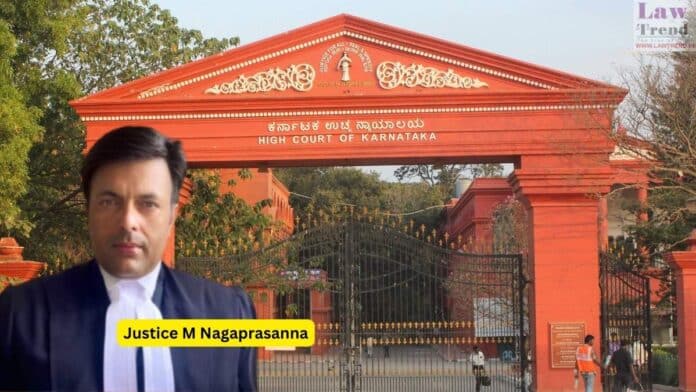In a significant ruling, the Karnataka High Court has quashed criminal proceedings against a man accused of watching pornographic content, clarifying that merely viewing such material does not constitute an offence under Section 67B of the Information Technology Act, 2008. The judgment was delivered by Justice M. Nagaprasanna in Criminal Petition No. 13141 of 2023.

To Read More Please Subscribe to VIP Membership for Unlimited Access to All the Articles, Download Available Copies of Judgments/Order, Acess to Central/State Bare Acts, Advertisement Free Content, Access to More than 4000 Legal Drafts( Readymade Editable Formats of Suits, Petitions, Writs, Legal Notices, Divorce Petitions, 138 Notices, Bail Applications etc.) in Hindi and English.
Click to Subscribe
If you are already a VIP Member, Click to Login Now
READ ALSO Karnataka HC Stays Govt Order Requiring Prior Permission for Activities on Public Premises




